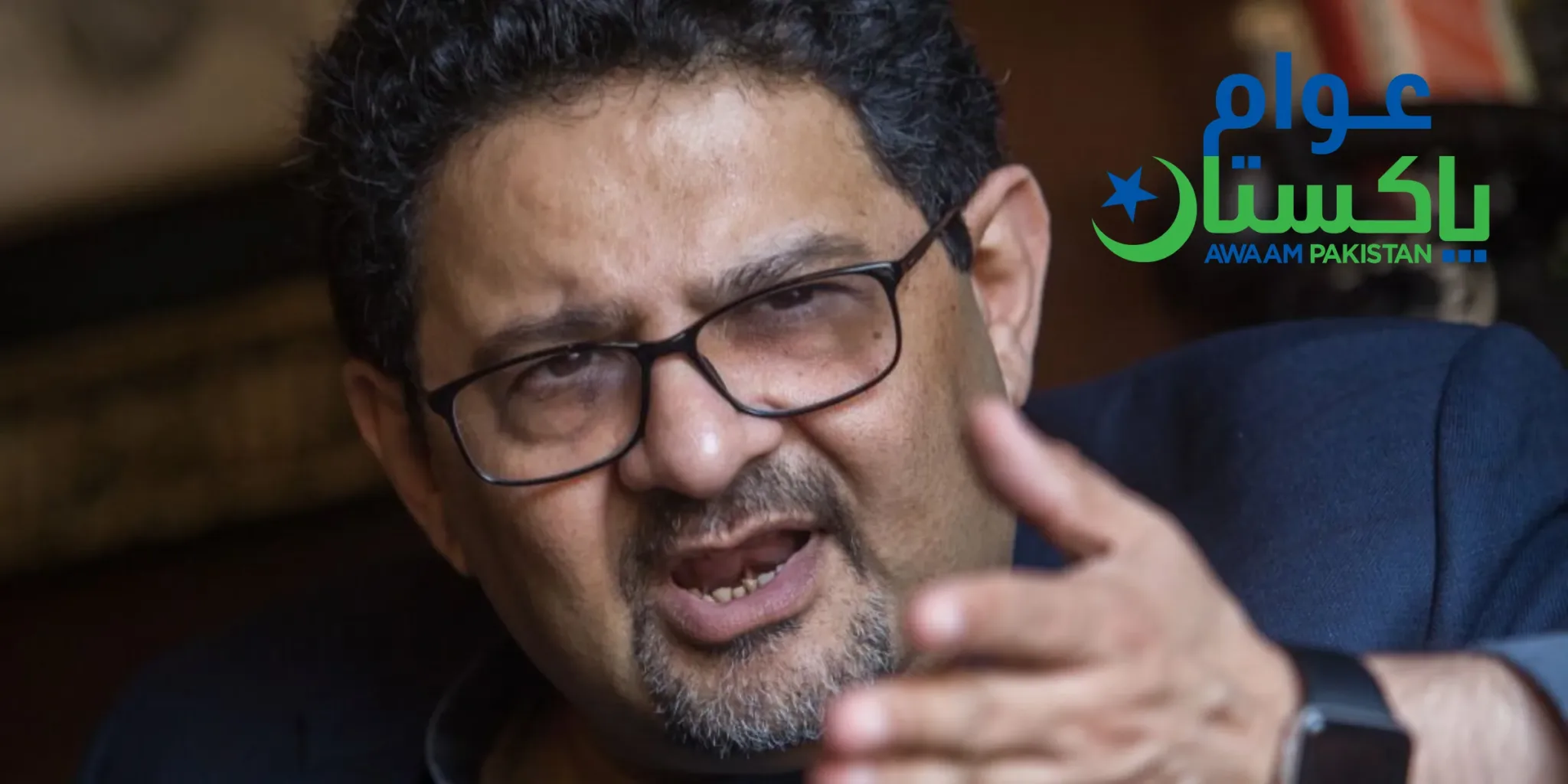Pakistan’s political arena is no stranger to dramatic entrances, and the birth of the Awaam Pakistan Party (APP) on July 6, 2024, was no exception. The moment it stepped onto the stage, the usual suspects—pundits, armchair analysts, and the ever-opinionated media—jumped into action, dissecting its every move with the precision of a surgeon and, at times, the subtlety of a sledgehammer. Some dismissed it as unnecessary in a field already crowded with familiar faces, while others saw it as a breath of fresh air in a system choked by broken promises and recycled failures.
So, what’s the real story behind APP? Who are these people, and why should anyone care? Let’s peel back the layers.
The party didn’t just materialize out of thin air. It was born from frustration—the kind that brews when you watch the same old players fumble the ball one too many times. The founders? A mix of seasoned professionals, ex-bureaucrats, and policy wonks who’ve had enough of Pakistan’s political Groundhog Day.
These aren’t the usual dynastic heirs or firebrand populists; they’re the kind of people who’ve actually run things behind the scenes, the ones who know how the machinery of government works—or doesn’t.
But why now? Well, let’s be honest: Pakistan’s political scene has been stuck in a loop for decades. The PML-N and PPP have had their turns, each leaving behind a trail of unmet expectations.
Then came PTI, riding a wave of hope, only to drown in its own missteps. The problem wasn’t just bad governance—it was the absence of real leadership, the kind that thinks beyond the next election cycle. That’s the vacuum APP is trying to fill.
The party’s pitch is simple: competence over charisma, policy over personality. In a country where politics often feels like a family drama with occasional detours into governance, that alone is revolutionary. They’re not here to worship a single leader or feed off populist slogans. Instead, they’re betting on something riskier—actual ideas. Imagine that.
Their vision? A Pakistan where institutions work, where the economy isn’t held together by IMF duct tape, and where the word “merit” isn’t just a punchline. They talk about long-term planning—something sorely missing in a nation hurtling toward 400 million people with no real roadmap.
They want to fix education, healthcare, and infrastructure, not with flashy announcements, but with boring, painstaking reforms. And they’re banking on the hope that Pakistanis are tired enough of the status quo to give them a shot.
Of course, launching a new party in Pakistan is like trying to start a campfire in a monsoon. The big players have deep pockets, entrenched loyalties, and the kind of street power that doesn’t bow to PowerPoint presentations. APP’s biggest challenge? Proving they’re not just another “for show” project—a well-meaning but doomed experiment in a system that eats idealism for breakfast.
Then there’s the Establishment question. In Pakistan, every new party gets slapped with a label: establishment-backed or anti-establishment. APP insists it’s neither—just a group of people who believe Pakistan deserves better. Whether that’s true or just wishful thinking remains to be seen.
So, what’s next? In the short term, APP has to build a base, which won’t be easy when you’re up against parties with decades of grassroots muscle. They’ll need more than polished speeches to win over the average voter, who’s been burned too many times to trust easily. But if they play their cards right—focusing on local wins, staying clear of petty infighting, and actually delivering where they can—they might just carve out a space for themselves.
Long term? They could become the third force Pakistan’s politics desperately needs, a middle path between the same old rivals. Or they might fizzle out, another footnote in the country’s chaotic political history. But here’s the thing: even if they fail, their very existence is a sign that some people still believe change is possible. And in a country where cynicism is the default setting, that’s something.
At the end of the day, APP is a gamble. But then again, so is sticking with the usual suspects. Maybe it’s time to roll the dice.


